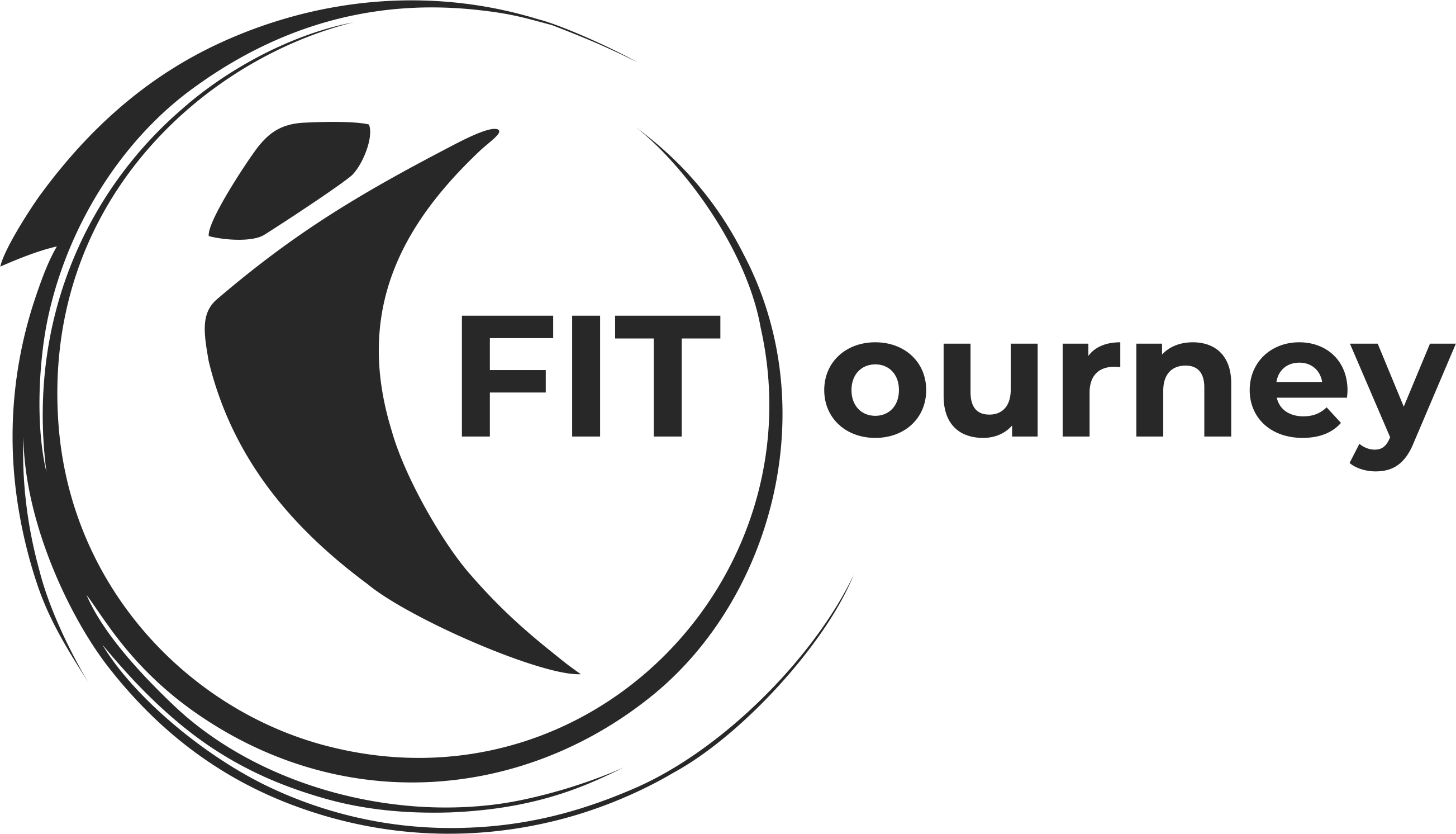What is cholesterol?
Cholesterol is a waxy substance, produced by the liver and is also consumed in our daily foods. Your body needs cholesterol to build cells, vitamins and other hormones. However, an increase in levels of cholesterol can pose several health problems.
Why cholesterol matters?
Cholesterol circulates in the blood. An increase in the levels of cholesterol leads to many health problems. A higher level of cholesterol contributes to a higher risk of cardiovascular diseases, such as heart disease and stroke. That is why it is important for every individual to undergo cholesterol checkups on a regular basis, so as to know their cholesterol levels.
There are three kinds of cholesterol we all need to know:
- HDL: High-density lipoproteins, the "good" kind of cholesterol that works to prevent heart disease-causing plaque in the arteries.
- LDL: Low-density lipoproteins, the "bad" type of cholesterol that can cause plaque buildup.
- VLDL: Very low-density lipoproteins, another type of "bad" cholesterol that can lead to increased plaque.
What causes high cholesterol?
The presence of high cholesterol in the blood simply indicates that there is an excess of the waxy substance in the body. High cholesterol can be harmful to the heart. Factors responsible for high cholesterol are:
- Genetic condition
- Lifestyle factors
- Obesity or overweight
- Consuming fast food on a regular basis
- Avoiding regular exercise workouts
How to Lower Your Cholesterol?
A higher level of cholesterol leads to several cardiovascular diseases. So it is important to control your cholesterol levels. A regular cholesterol checkup helps an individual track their cholesterol numbers. In addition to that, adopting some other changes can lead you to control your cholesterol numbers:
- Maintain a healthy weight according to BMI.
- Include regular exercises in your routine.
- Include cardio exercises at least twice to thrice a week.
- Follow a healthy diet, low in saturated fat.
- Limit your fast food intake.
- Swiping foods with saturated fat with unsaturated fat such as avocado, olive oil, nuts and seeds.
- According to The National Lipid Association, eating 5 to 10 grams of soluble fibre each day can help drop your total cholesterol and LDL cholesterol levels by 5 to 11 points.
Does exercise help in lowering cholesterols?
Most of us think about changing our diet when it comes to controlling cholesterol levels, but you shouldn’t ignore the benefits of regular exercise too. Any activity like jogging, HIIT workout, lifting weights, dancing, cycling, or swimming helps increase HDL, which sweeps the harmful LDL out of your blood vessels, as well as drops those harmful triglycerides.



